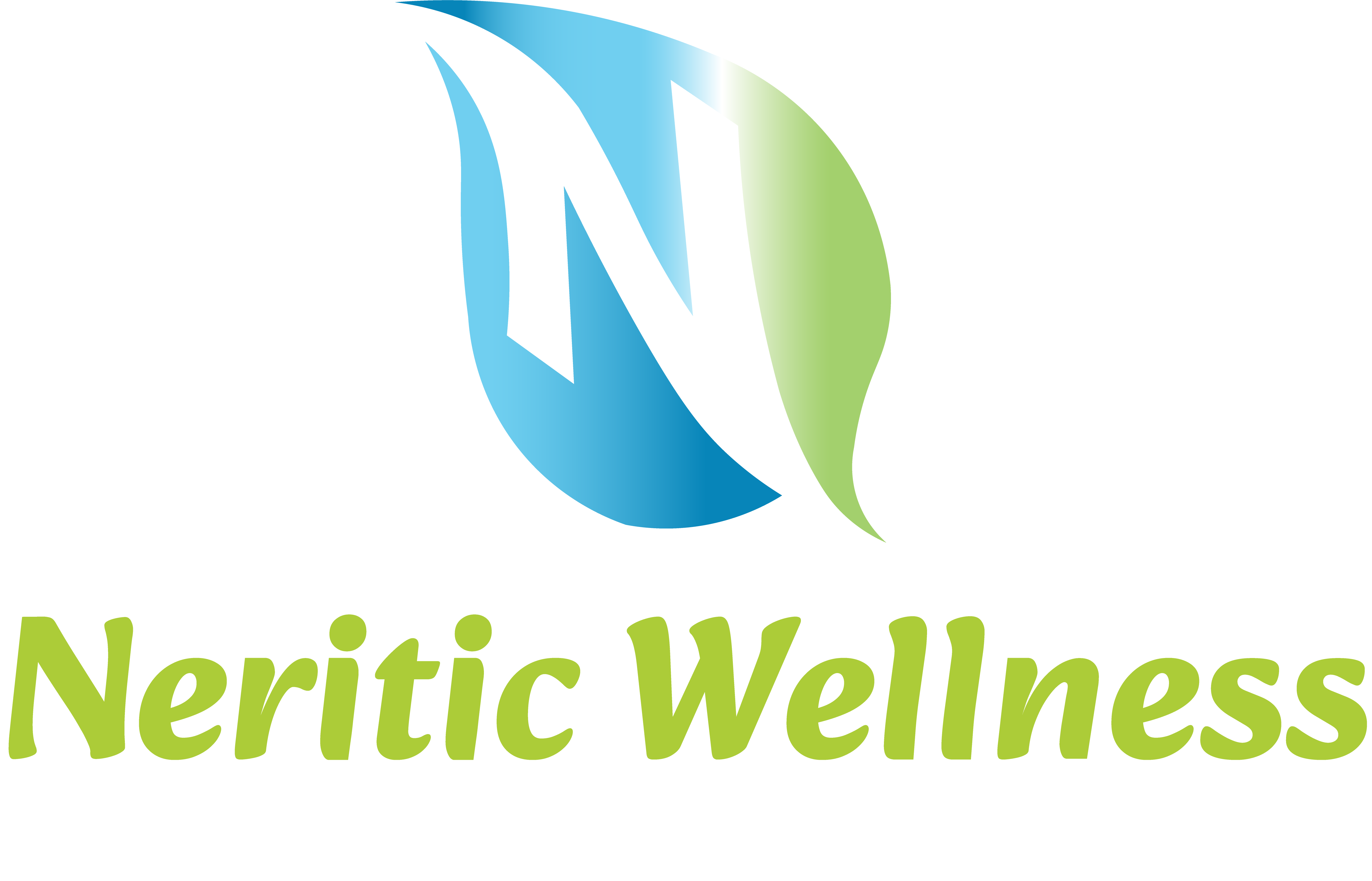Don't miss our holiday offer - 20% OFF!

Supplements play a significant role in modern healthcare by offering potential health benefits and supporting overall wellness. However, their use is also surrounded by controversies regarding effectiveness, safety, and the quality of available products.
The Role of Supplements in Modern Healthcare: Benefits and Controversies
With the rapid pace of modernization, many people have turned to supplementation to achieve improved health outcomes. The use of supplementation has grown in popularity, from vitamins and minerals to herbal remedies and protein powders. Under these circumstances, it is important to be aware of possible benefits and controversies related to supplementation.
The Rise of Supplements:
Supplementation has become so prominent because many people prefer “natural alternative medications” to conventional medications, and lifestyle-related diseases, such as heart disease and diabetes, have become immensely widespread worldwide. In addition, there has been a growing awareness regarding nutrition and the importance of supplementation in the diet with concentrated sources of nutrients.
Benefits of Supplements
There are numerous potential health benefits of supplements including:
- Nutrient Deficiency: Many suffer from nutrient deficiency related to nutrient deficiency in the diet, increased nutrient needs of the body due to age or digestive impairment. Supplements help fill this nutritional gap which is required for the body.
- Disease Prevention: Supplements such as antioxidants and omega-3 fatty acids may play some protective role in chronic conditions such as disease, cancer, or stroke.
- Improved Athletic Performance: Supplements are primarily utilized by most athletes aiming to achieve one or more of the following objectives; improving energy, muscle mass, or recovery after intense exercise.
- Support Mental health: Certain supplements, like vitamin B12 and magnesium, may help improve mood and cognitive function.
- Weight management: Supplements could help an individual gain weight through improved appetite and metabolic processes. In some cases, supplements could help maintain healthy weight loss externally from physical activity such as muscle build-up through exercise, or maintain good metabolic processes, and lessened appetite.
Controversies Around Supplements
Supplements can have some drawbacks as well:
- Effectiveness: Some supplements do not have good science behind them. While some studies support the health value of a particular supplement, others disagree. Some nutritional supplements might pinpoint groups that might benefit from its use.
- Safety: Most herbs and nutrients have few side effects when taken at the prescribed dosage, though certain individuals could have unwanted effects. It’s important to consult with a healthcare professional or doctor before you start any new supplement.
- Quality: The quality of supplements can vary for each individual. Just because a product claims to be of high quality does not mean it is. Reputable brands will be tested by an outside party responsible for quality control.
- Misleading Advertising: The supplement industry is infamous for unnecessary marketing and questionable health/environmental benefits that are not backed by science. The supplement industry is a complex web filled with health claims that lack genuine evidence, and many individuals waste time exploring it.
- Regulation: The regulation of natural supplements varies in different countries. In some places, supplements are considered foods and may not undergo the same rigorous testing as prescription drugs.
Choosing the Right Supplements
If you are considering the use of supplements, here are some tips to help you with more appropriate choices:
- Consult Your Healthcare Provider: Consulting a healthcare provider is the first step before taking any supplements. Doctors can provide personalized advice based on your health history, current medications, and overall lifestyle. They may also suggest specific tests to identify deficiencies or imbalances that need to be addressed through supplementation.
- Food Diet: Absolutely! While supplements can help address specific nutrient gaps or health needs, they should never replace the foundation of a well-balanced diet. A nutrient-rich, whole-food diet is always the best approach for meeting your nutritional needs, and supplements should ideally only complement, not substitute, a healthy eating plan.
- Research Brand History: Look for and research reputed brands of natural supplements that have been established for a reasonable period. Review certifications such as USP or NSF-certified products.
- Read the Labels: Individuals need to pay special attention to the ingredients list, dosage, and any allergenic ingredients. Be careful of too many fillers or artificial additives.
- Start Low and Go Slow: When you start a new supplement, use the lowest suggested dose, and increase the dosage as tolerated. Monitor any side effects or improved symptoms, and adjust dosing accordingly.
The Prospective Scene of Supplements
As research continues to develop, the role of Nutrition in medicine is likely to change over time. While some supplements may be shown to be beneficial in improving health, others may be shown to be ineffective or in fact, harmful. It is important to always think critically about supplements before making decisions and to consult with healthcare professionals to receive appropriate advice.
Conclusion
This blog provides a better understanding about the benefits and controversies of supplements so that you can make informed decisions relating to their use in your health journey. Supplements should be regarded as an addition to a healthy lifestyle rather than as a substitute for appropriate nutrition and medical care!


